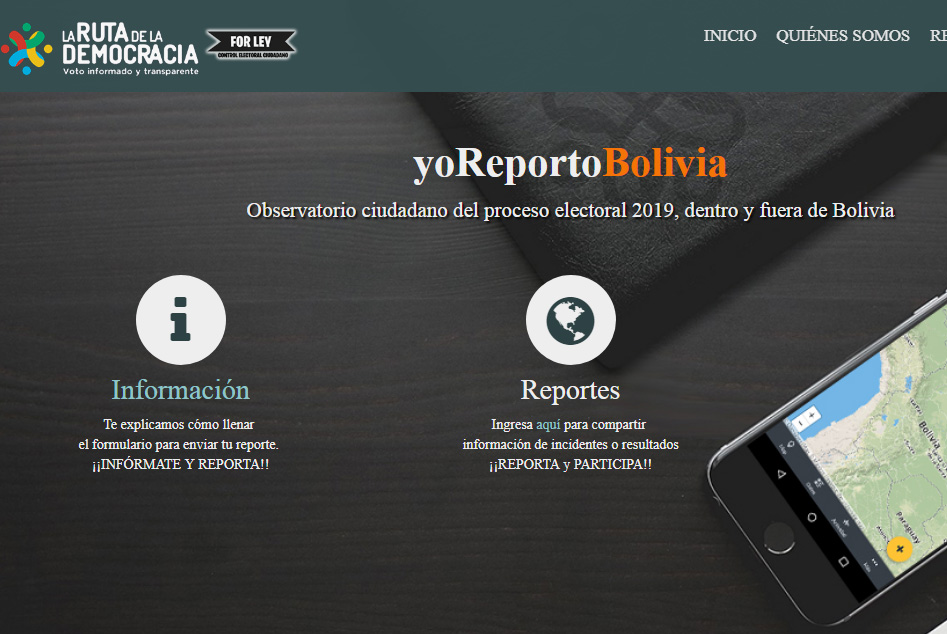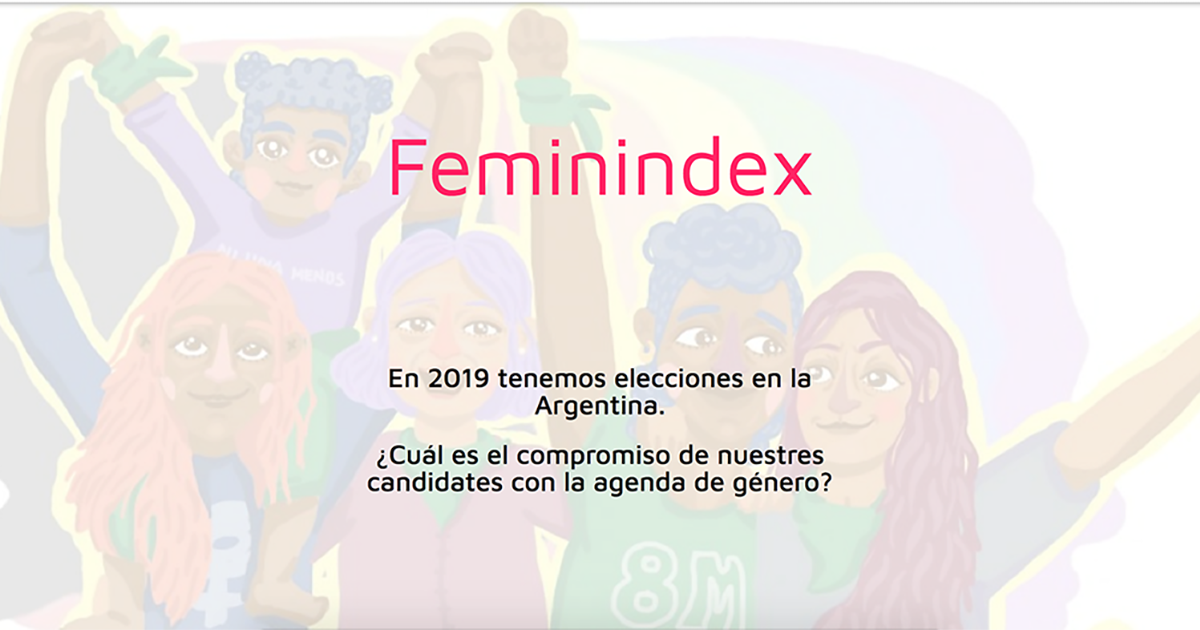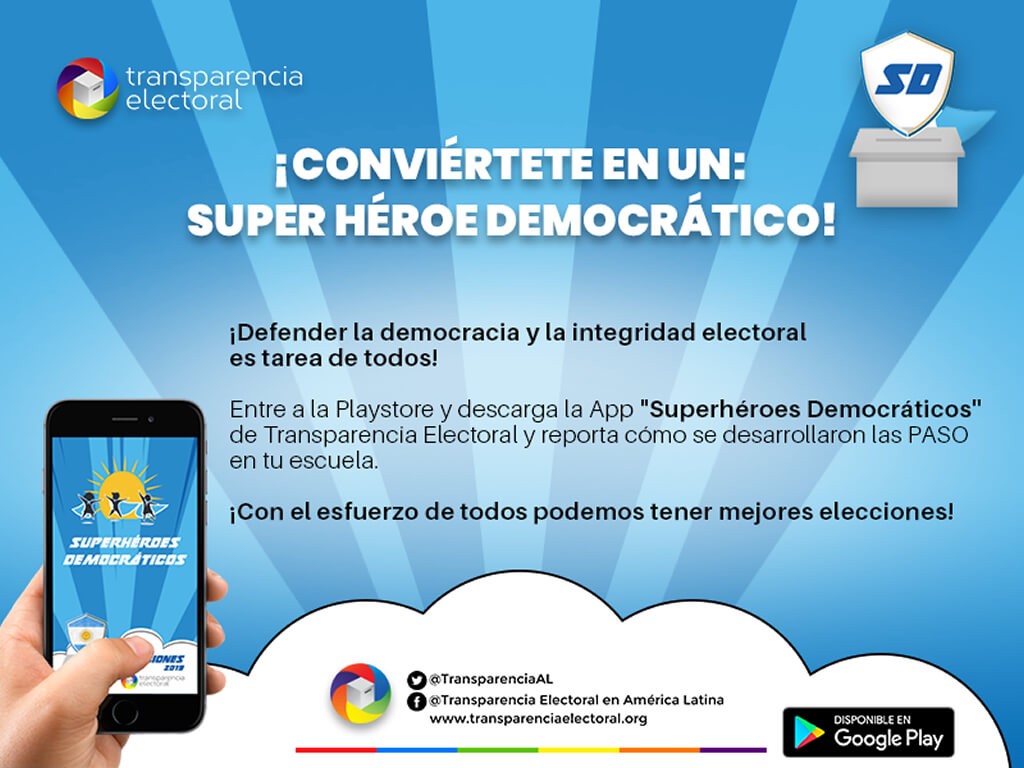News
October News 2019
Currently @ LATINNO
This month Latin America has been on the international spotlight as mass protests broke throughout the region. In Haiti, the precarious economic situation and numerous corruption scandals linked to government officials have fueled violent demonstrations against the President. Around the same time, indigenous-led mobilizations against austerity measures adopted by the government took over Ecuador, receding only once the President agreed to suspend them. In Chile, a raise in Santiago's subway fare catapulted into massive demonstrations against rampaging inequality and turned into a demand to reform a Constitution inherited from the military dictatorship.
Meanwhile, elections in other Latin American countries have increased the perceived instability in the region. In Bolivia, citizens have polarized in response to Evo Morales' fourth consecutive presidential term. Argentineans elected Peronist candidate Alberto Fernández as the next President after four years of neoliberal government and economic instability. On the same date, presidential elections in Uruguay resulted in a tie, while a constitutional reform to militarize internal security was rejected by a tight 3% in a referendum. The ballotage will take place in November, in which candidates from the 15-year-ruling party Broad Front (Span. Frente Amplio) and the conservative National Party (Span. Partido Nacional) will dispute the government.
In this shaken landscape of colliding economic and political models, citizen oversight of the electoral process is proving crucial for our democracies. It helps prevent manipulation and frauds, during and after elections, and promotes accountability, transparency and credibility in the electoral results. This month, our newsletter focuses on citizen participatory initiatives dedicated to supervise and monitor the recent electoral processes in Bolivia and Argentina.
LATINNO @ Rio de Janeiro and Barcelona
On October 8th the Open Society Foundations organized an exciting event to present and discuss our project with civil society organizations and activists from all over Brazil. We met with over 20 civil society organizations in Rio de Janeiro, including Bancada Ativista, Instituto Update, Ocupa Política, Centro de Estudos de Segurança e Cidadania (CESeC), Meu Rio, and many others, all of which are implementing amazing initiatives that are changing and revitalizing citizen participation and representation in Brazil.
First, our project coordinator Thamy Pogrebinschi presented LATINNO's research design and some of our main results so far. Later we held promising discussions in small working groups that led to a final plenary debate, where we devised common strategies to rethink innovation and put forward new forms of participation in face of the current anti-democratic context in Brazil.
A few weeks later, our coordinator and part of our team traveled to Barcelona, Spain to conduct interviews for a new research on citizen participation and digital technology. Stay tuned for further developments of our team's new project!

FEATURED CASES:
I Report Bolivia - Bolivia
I Report Bolivia (Span. Yo Reporto Bolivia) is a website launched by The Route of Democracy (Span. La Ruta de la Democracia), an alliance of 22 civil society organizations, academic and private institutions, with the aim of promoting electoral transparency, the effective exercise of political rights and the protection of constitutional guarantees through the active engagement of citizens in the oversight and monitoring of Bolivian elections.
The “yoReportoBolivia” website was specifically launched for the recently held general elections. The main goal of the website was to provide a platform for Bolivian citizens to report their voting experiences, electoral results, and any other incidents during the Election Day. Citizens were able to share this information through Whatsapp, text messages or social media. Online video tutorials guided users in the reporting process. Additionally, the site was designed to provide information for voters about Bolivia's electoral and political system.
In the light of the contentious results of the presidential election, The Route of Democracy issued a statement on October 21st calling attention on the problematic 24 hour-freezing of the Electoral Results Transmission System (TRSP) during the night of the election -with 83% of the votes counted- and urging for the full disclosure of electoral data.

Feminindex - Argentina
Feminindex is an initiative created in 2017 by the organization “Feminist Economy” (Span. Economía Femini(s)ta) to measure through surveys the political commitment and positioning of candidates regarding the gender agenda in Argentina. The organization's main goal is to raise awareness about the different sources of gender-based economic inequality. Feminindex was reactivated for the primary and general elections held this year in the country.
This initiative consists of a questionnaire, designed for candidates, that covers topics like sexual and reproductive rights, feminist economic measures, gender-based violence, LGBTQI+ rights and gender parity in politics. Candidates had the option to answer yes, no or to leave questions unanswered; they could also justify their answers in up to 300 characters. Based on their answers, Feminindex scored them to assess their commitment to gender issues. The score was uploaded and made public in the webpage. In addition to increasing the visibility of the gender agenda in national politics, Feminindex is open for citizens to suggest topics that they would like to add to the discussion.

NEWEST INNOVATION:
Democratic Superheroes - Argentina
Democratic Superheroes (Span. Superhéroes Democráticos) is a free App created by the NGO Electoral Transparency (Span. Transparencia Electoral) with the aim of fostering citizen oversight and participation in the electoral process of 2019, in an attempt to improve elections and strengthen democracy in Argentina. The NGO’s main goal is to promote election monitoring and to educate citizens on topics related to electoral and party systems, among others.
Through the App, citizens can make real-time reports on the development of the elections, including irregularities and anomalies detected throughout the electoral process. Users can also access a simple questionnaire to inform about activities in the voting centers, specifying if these centers operated as stipulated by law or if there were bad practices detected during the balloting. Overall, the initiative seeks to involve citizens in a new political culture based on good electoral practices.

